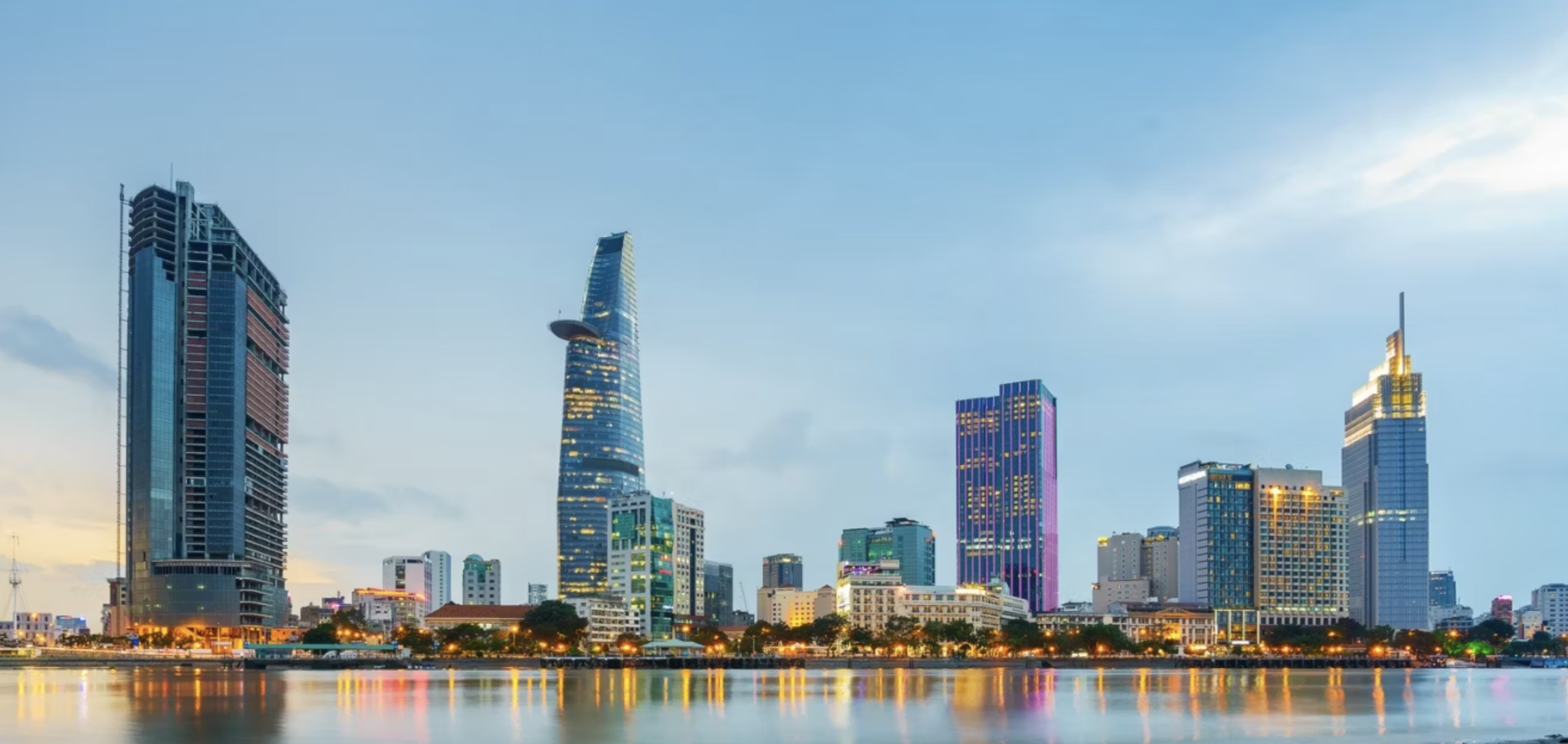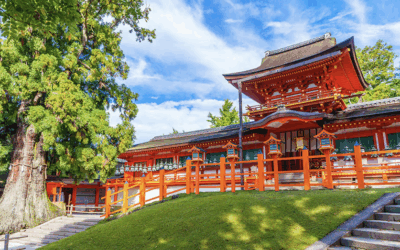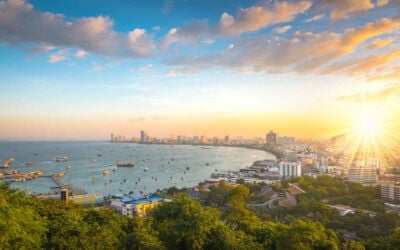If you’re looking to buy real estate abroad, you’ve probably seen advertisements promising “guaranteed rental returns” of 7-10% annually.
While these offers may seem enticing, the truth is that they’re often too good to be true.
Let’s explore why these guaranteed rental income schemes are usually scams – or at the very least omitting a rather serious amount of information.
Firstly, it’s important to understand how real estate developers can promise such high returns.
Guaranteed Rental Income? You’re Paying for It
Keep in mind that a developer is a for-profit company. Their entire purpose is to make a return off the difference between sales price and their business expenses.
Thus, by default, you’re already paying for their marketing costs, staffing, construction, and shareholder profit.
Yet some housing developers charge more than others for the final product.
When it comes to guaranteed rental income, more often than not, developers charge an exorbitant markup on the property’s actual value.
For example, a condo unit valued at $100,000 might be sold to you for $150,000 or more. The developer then uses this extra money to pay you the “guaranteed” rental income.
In reality, you’re just getting back a portion of your own capital rather than actual rental returns.
Sure, it might be guaranteed… assuming the developer doesn’t squander all their profit by the time someone tries to collect.
But the part always left out is: the buyer is the person guaranteeing it! You’re simply paying in advance.
It’s like buying a stock for $30,000 that’s only worth $20,000, and then having the broker give you $500 annually for five years. You’re not really earning a return – you’re just slowly recouping the inflated price you paid upfront.
Furthermore, in practice, collecting on these guarantees can be incredibly difficult if things go wrong.
Some developers use special purpose vehicles or obscure clauses in contracts to shield themselves from liability.
If market conditions change and the developer goes bust, you may have little recourse to recoup your investment.
There have been cases of investors trying to sue to enforce their rental guarantees, only to find that the developer has structured things to make it nearly impossible; you could be left owning an overpriced property with no actual rental income.
How to Avoid Foreign Property Scams
This brings us to our next point: due diligence is crucial when investing in foreign real estate.
Don’t just rely on the developer’s marketing materials and showrooms, which often don’t accurately represent the finished product.
Instead, visit their completed projects in person and see if they’re thriving communities or ghost towns. Few investors every consider that but it’s always a great idea.
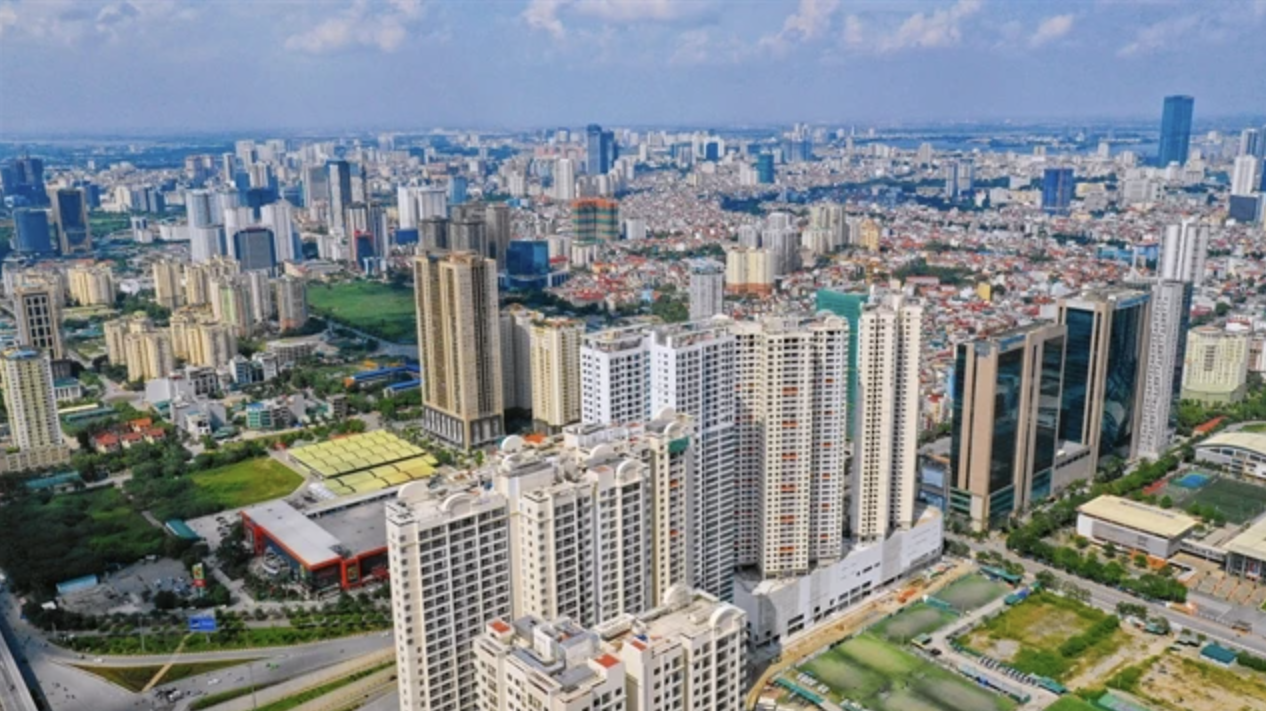
Even when buying directly from a real estate developer, due diligence is still crucial, especially when investing in foreign real estate.
Also, reading online reviews from previous tenants and owners can assist in reaching your own conclusions.
If a developer is evasive about letting you see their past work, consider that a major red flag. A legitimate project should have nothing to hide.
Another issue with guaranteed rental income schemes is that they’re often associated with vacation homes or resort properties.
While the idea of buying a summer home that doubles as a rental sounds appealing, it’s very difficult to achieve both lifestyle and investment goals simultaneously.
Tourist markets are fickle and subject to boom-bust cycles based on viral social media posts. In contrast, buying an apartment in a major city usually provides more consistent, locally-driven demand.
For example, a resort property in Phuket might be the hottest destination one year, only to fall out of favor when a new “it” spot emerges. Suddenly you’re stuck with a property that can only be rented out a few weeks per year.
An apartment in Bangkok, on the other hand, benefits from steady demand from the local population. While tourism is the icing on the cake, it’s not the only driver of the market.
Additionally, vacation home investments are often highly leveraged, meaning you’re borrowing a significant portion of the purchase price.
While this can amplify your returns in good times, it also magnifies your risk if things go south. If your property sits empty and you’re unable to cover the mortgage, you could be forced to sell at a loss or even face foreclosure.
In a recession, discretionary spending on holidays is often the first thing consumers cut back.
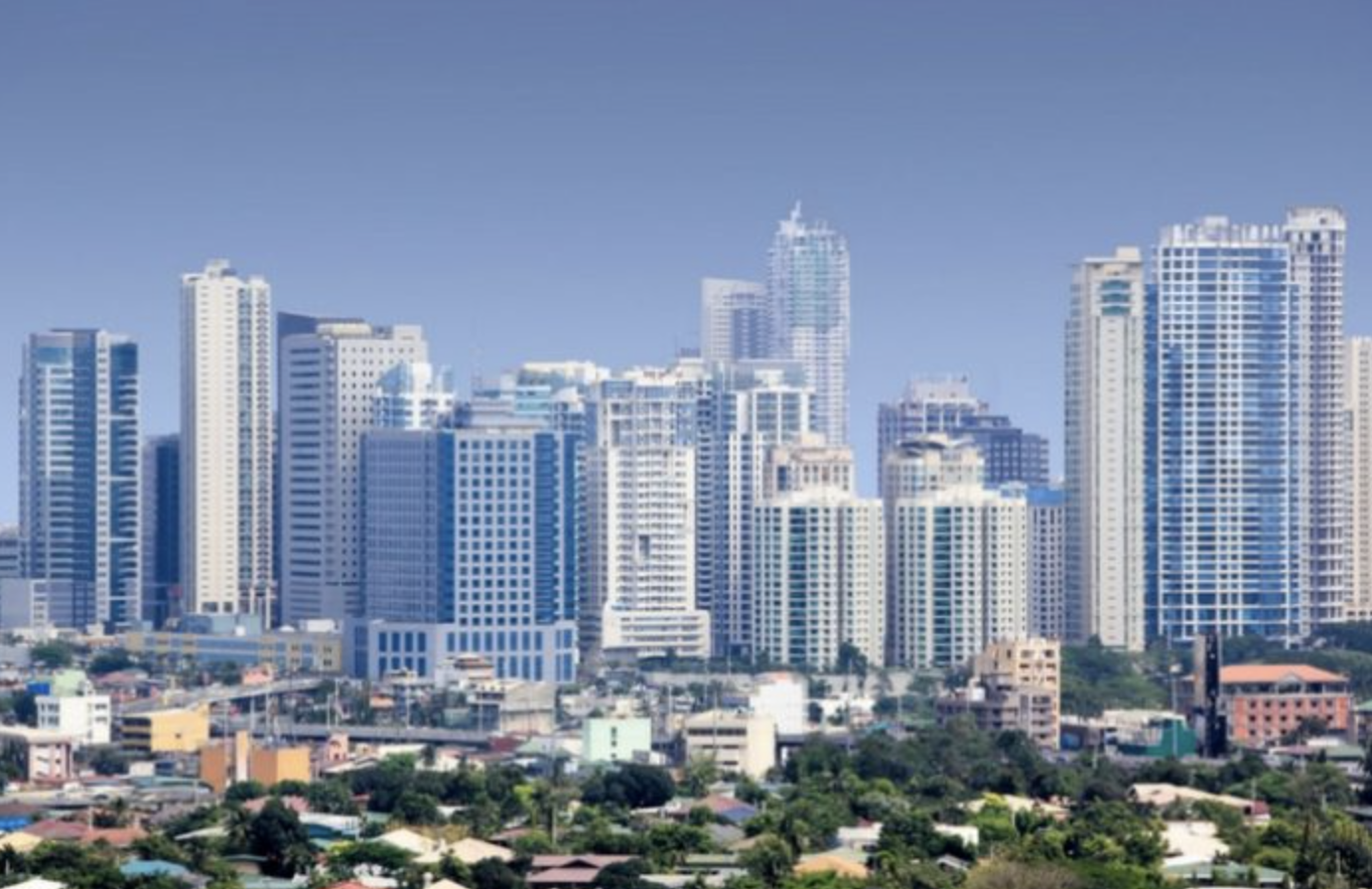
In places like Thailand or the Philippines, the condo market in capital cities have outperformed resort destinations over the long-term.
If you do decide to purchase an individual property, focus on urban areas with diverse economies and strong population growth. These locations tend to be more resilient during tough times.
For example, Bangkok’s condo market significantly outperformed resort destinations like Pattaya, Phuket and Hua Hin over the past decade.
The Thai capital benefits from being a regional business and transportation hub, which helps prop up demand even when tourism slumps.
When evaluating a potential investment, look beyond rental yields and also consider factors like occupancy rates, capital appreciation potential, and the overall economic fundamentals of the area.
A high rental yield doesn’t mean much if you can’t find tenants or sell the property later.
Finally, be realistic about the amount of work involved in being a landlord.
Even if you hire a property manager, you’ll still need to make decisions and oversee repairs and maintenance from afar. If you’re not prepared to put in the time and effort, a hands-off investment like a REIT may be a better choice.
In conclusion, be extremely wary of guaranteed rental income schemes when investing in foreign real estate.
While there’s no such thing as a risk-free investment, these steps can help you avoid the most egregious scams and find opportunities with legitimate potential.

